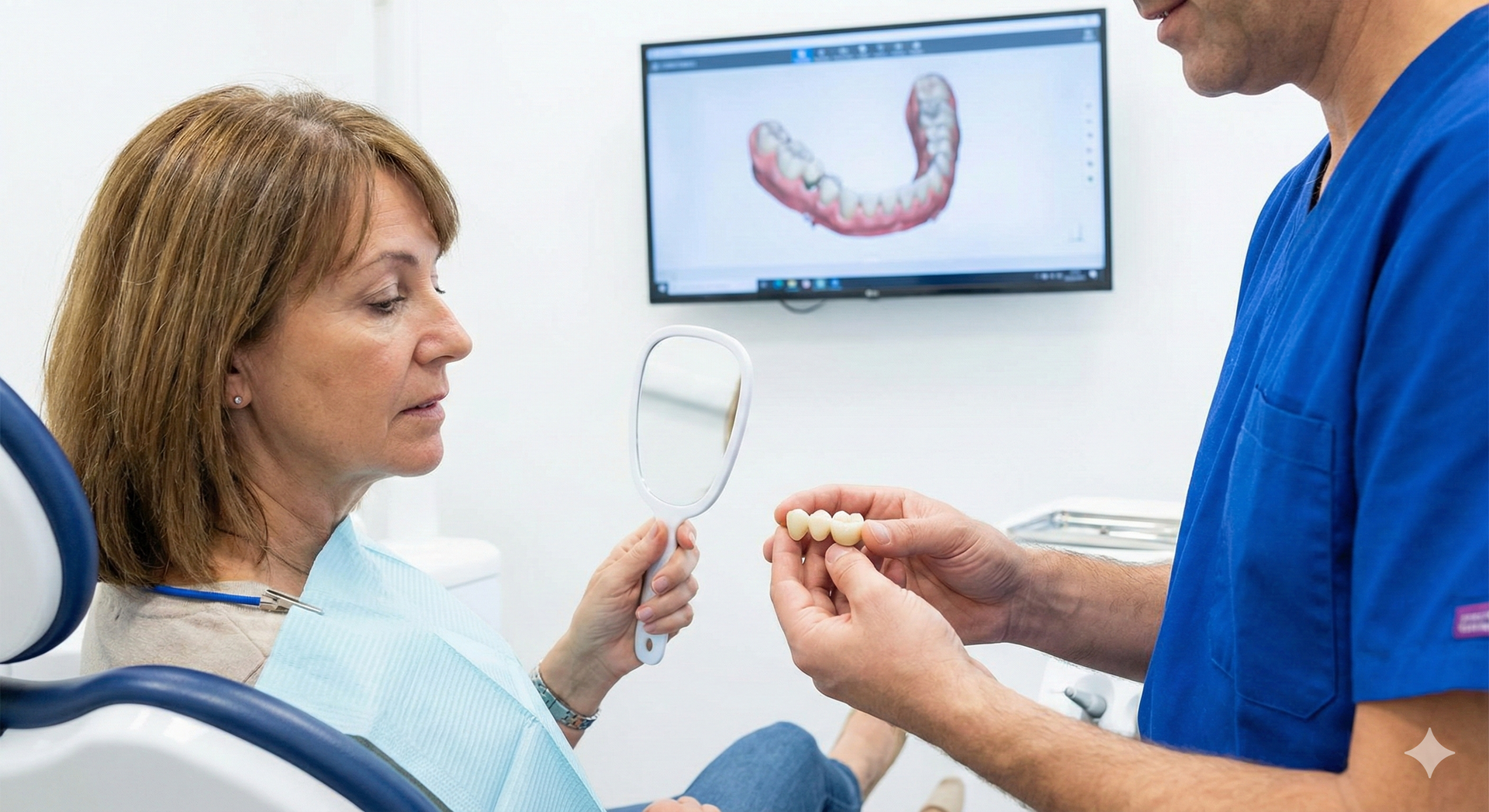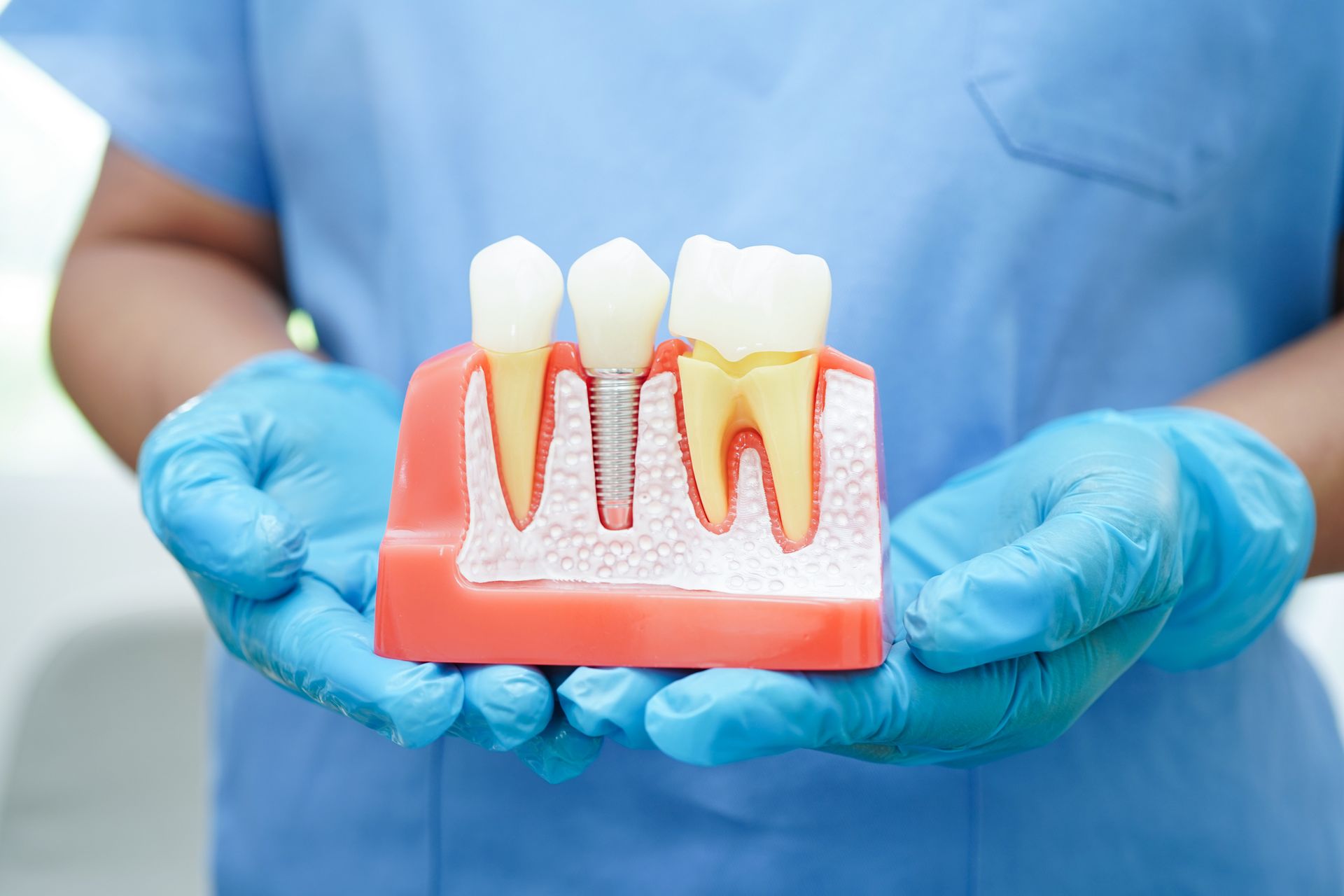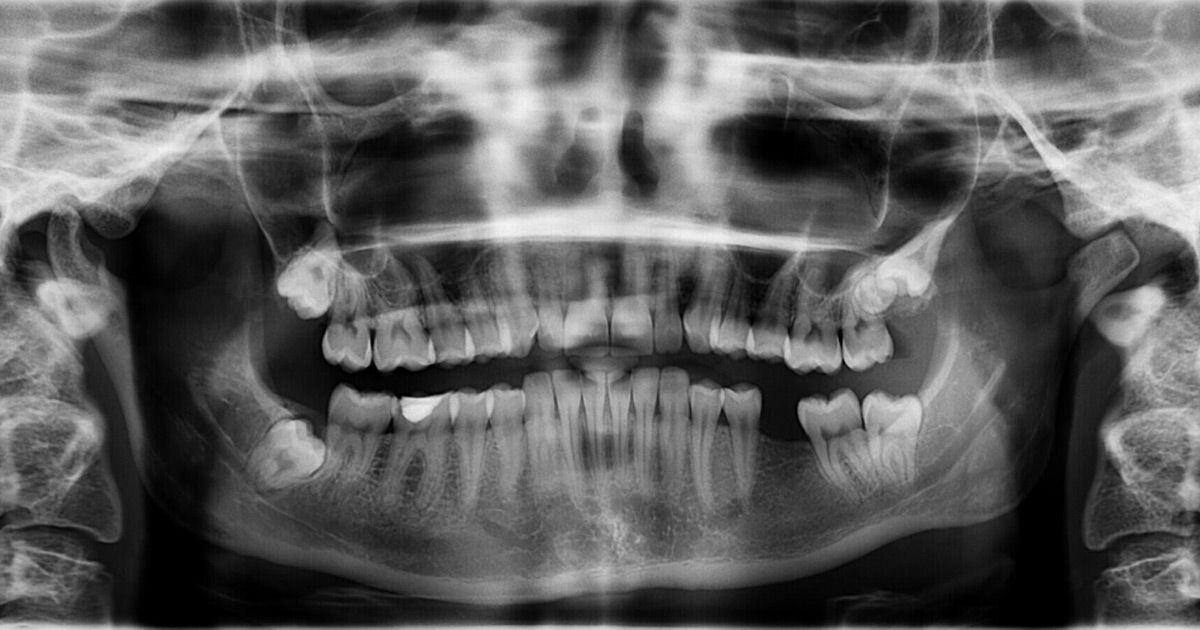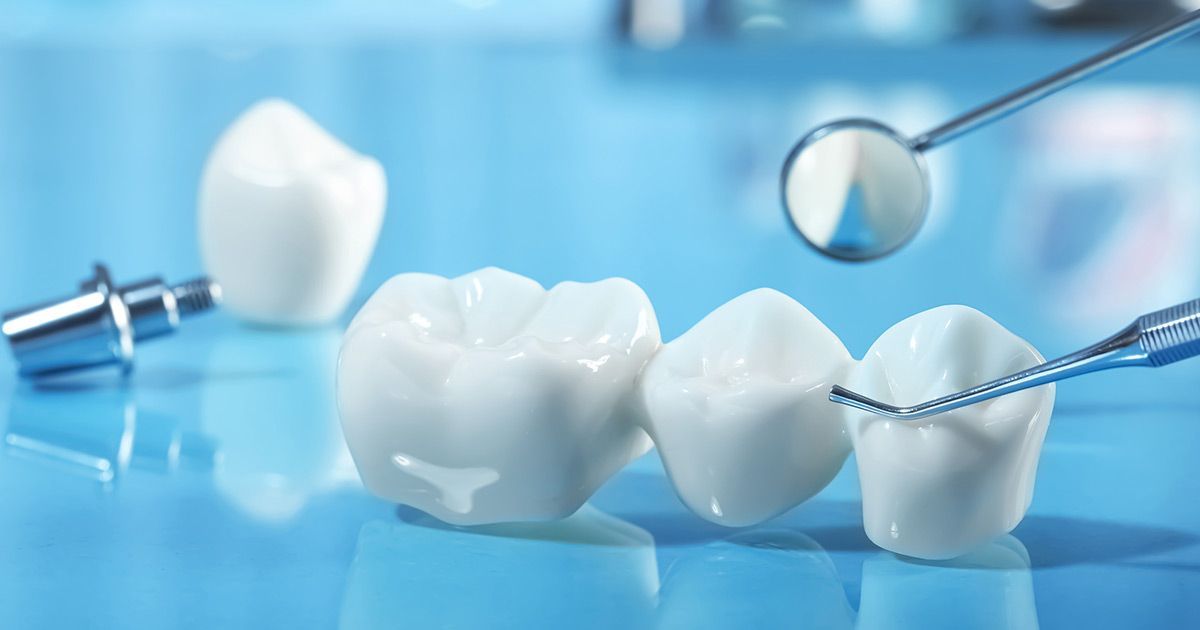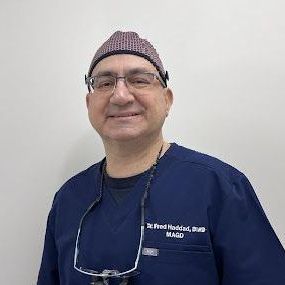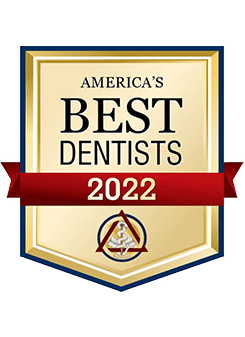Caring for Your Tooth Replacements: Maintenance Tips for Longevity
Welcome! If you're a parent or working adult seeking trusted orthodontic and restorative dental care in Sewell, NJ, this guide is for you. At Sewell Dental Designs, you can rely on advanced care and a compassionate approach to maintaining your smile.
The longevity of your dental restorations depends on consistent maintenance, professional care, and knowing how to treat each type of restoration properly. Whether you've invested in dental implants, bridges, or dentures, caring for your tooth replacement is crucial to protecting your smile, comfort, and oral health.
1. Why Proper Maintenance Matters
Tooth replacements, whether via dental implants, bridges, or dentures, are a transformative investment in your health. With proper care, you can ensure:
- Long-term functionality, avoiding the need for early replacements
- Preservation of surrounding teeth and gums
- Jawbone preservation, especially when using implants
- Continued comfort and a confident smile
- Prevention of inflammation, infection, and poor-fitting appliances
Many patients underestimate the importance of routine care until issues arise. Without it, you may face recurrent dental visits, discomfort, and the emotional toll of deteriorating oral health. Tooth replacements are designed to restore your quality of life, but that restoration is only as strong as the habits that sustain it.
Neglected appliances may cause gum inflammation, decay in surrounding teeth, or faster deterioration. The consequences of missing teeth can be severe if untreated, leading to facial sagging, difficulty chewing, and speech problems. Learn more about missing teeth and their consequences.
When you treat your tooth replacements as part of your long-term health strategy, you not only protect your smile, you also enhance your quality of life.
2. Caring for Dental Implants
Dental implants are permanent, titanium-rooted replacements. They're strong, natural-looking, and function just like real teeth. When properly maintained, they can last 20 years or more. Discover more in our article on everything you need to know about dental implants in Sewell, NJ.
Dental implants bond with your jawbone through a process called osseointegration, making them incredibly durable. However, like any restoration, they can fail if not cared for. Peri-implantitis, a form of gum disease around implants, is a leading cause of implant loss and can be prevented with good hygiene.
Daily Hygiene Tips
Implants require the same (if not more) diligence as natural teeth:
- Brush twice daily with a soft-bristled toothbrush and low-abrasive toothpaste to avoid scratching the surface of the crown.
- Use floss or interdental brushes to clean around the implant base where plaque can accumulate.
- Rinse with antimicrobial mouthwash to reduce bacterial buildup and promote gum health.
Lifestyle Tips
Certain habits can shorten the life of your implants:
- Avoid chewing ice, hard candy, or other tough foods that may crack the crown.
- Quit smoking—nicotine impairs healing and increases the risk of implant failure significantly.
- Stay hydrated and maintain a balanced diet rich in vitamins and minerals to support gum and bone health.
Regular Professional Maintenance
Even if you feel fine, regular dental visits are essential. Your dentist will:
- Check implant alignment and function
- Measure gum pocket depth
- Monitor surrounding bone health with x-rays
At Sewell Dental Designs, our dental team uses advanced diagnostics to protect your investment. Refer to our Dental Implants FAQ for detailed answers.
3. Caring for Crowns and Bridges
Crowns and bridges restore chewing function and aesthetics. They are custom-designed to fit comfortably and blend seamlessly with your natural teeth. However, they are not immune to wear, plaque buildup, or complications related to the supporting teeth.
Maintenance Tips
- Brush thoroughly twice daily to clean the crown or bridge and reduce plaque.
- Use floss threaders or water flossers to reach underneath the bridge where standard floss can't reach.
- Avoid sticky candies or hard snacks that could weaken or dislodge the restoration.
- Use fluoride toothpaste to protect the supporting teeth from decay.
Maintaining healthy gums and the integrity of abutment teeth (those supporting the bridge) is vital. Infections, decay, or shifting teeth can undermine the structure and lead to replacement.
4. Caring for Dentures: Traditional and Implant-Supported
Dentures are an excellent solution for full or partial tooth loss. Whether you're using traditional removable dentures or implant-supported dentures, your care regimen makes a significant difference.
Traditional Dentures
- Rinse after every meal to eliminate food particles and prevent staining.
- Brush daily with a denture cleaner and soft brush to avoid scratching the surface.
- Soak overnight in a cleansing solution to preserve their shape and freshness.
- Handle them with care—dropping dentures can break or warp the material.
Properly cared-for dentures improve your ability to eat, speak, and smile. Neglected ones may become discolored, cause mouth sores, or stop fitting correctly.
Visit our page on traditional dentures and our guide on complete and partial dentures to learn more.
Implant-Supported Dentures
These dentures anchor directly to your implants, offering enhanced stability and chewing strength:
- Clean thoroughly around each implant post and attachment area to prevent infection.
- Inspect for signs of wear or misalignment and alert your dentist promptly.
- Use non-abrasive brushes and cleaners to preserve implant and prosthetic integrity.
Explore our pages on implant dentures and fixed dentures to discover the best fit for your needs.
5. Daily Hygiene & Lifestyle Tips
Oral hygiene remains the foundation of dental health—especially with restorations. Even artificial teeth can affect the health of your gums and remaining natural teeth.
Routine
- Brush twice daily for two full minutes using fluoride toothpaste.
- Floss once daily and consider additional aids like interdental brushes, floss threaders, or water flossers.
- Replace toothbrushes or electric brush attachments every 3 months, or sooner if they become frayed.
Nutrition
- Eat calcium- and vitamin D-rich foods like leafy greens, dairy, and almonds to strengthen your jawbone.
- Limit sugary snacks and beverages that fuel bacteria and lead to decay.
- Stay hydrated since dry mouth can accelerate plaque buildup and irritation.
Protection
- Wear a custom nightguard if you grind your teeth to protect crowns, bridges, and implants.
- Use a mouthguard for sports and physical activities.
- Avoid damaging habits like chewing ice, biting pens, or using your teeth as tools.
Learn more about your options and care strategies in our guide: How to choose the right tooth replacement option.
6. When to Schedule Professional Care
Even the best at-home care must be complemented by professional visits. Your dentist can:
- Identify early signs of gum disease or implant failure before symptoms worsen
- Polish and clean hard-to-reach areas of bridges and implants
- Adjust denture fit for long-term comfort and to prevent sore spots
- Track bone health and gum condition around implants with imaging
Don't ignore red flags like bleeding gums, soreness, loose restorations, or changes in bite. Delayed treatment may result in more costly or invasive procedures later.
Read about the importance of addressing missing teeth before it impacts your oral and general health.
FAQ
Q1: How often should I clean my tooth replacement?
A: Daily care is essential. Brush and rinse your implants, bridges, and dentures as directed, and see your dentist every 6 months.
Q2: Can I sleep in my dentures?
A: It is generally not recommended. Removing them at night allows your gums to rest and prevents bacterial buildup. Store them in a denture-safe solution.
Q3: Are dental implants permanent?
A: Yes, with proper care. Implants are designed to last decades. Maintenance and routine exams ensure they remain stable and functional.
Q4: Which lasts longer, bridges or dentures?
A: Bridges usually last longer, but they depend on the health of neighboring teeth. Dentures may need to be refitted over time.
Q5: What are my options if I have multiple missing teeth?
A: You may benefit from implant dentures, fixed dentures, or
bridges, depending on your oral health and budget.
Ready to schedule your visit?
Trust Sewell Dental Designs to help maintain your beautiful smile.
Contact us today.
Dr. Haddad
D.M.D
Dr. Haddad’s purpose at Sewell Dental Designs is to empower his patients so they can achieve and maintain excellent dental health and have a smile they are happy to show off. He decided on this path after receiving treatment from a competent and friendly dentist when he was a teen.
Dr. Haddad obtained his Bachelor of Science degree at George Mason University in Virginia and went on to earn his Doctor of Medicine in Dentistry degree (DMD) from Temple University Maurice H. Kornberg School of Dentistry.
Dr. Joanna
D.D.S
Dr. Joanna Haddad was born and raised in Lebanon and now resides in Philadelphia, PA. She speaks Arabic, French, and English fluently. Dr. Joanna earned her Doctorate of Dental Medicine from the University of Pennsylvania School of Dental Medicine, graduating with honors in Public Health. During her time in dental school, she was highly involved in various organizations and served as the Chapter President of the American Student Dental Association. She is also a proud member of the American Dental Association, American Association of Facial Esthetics and American student dental association.
Dr. Giesberg
D.D.S
Dr. Konstantina S. Giesberg, DDS, is a board-certified dentist anesthesiologist who has earned the privilege of becoming a Diplomate of the American Dental Board of Anesthesiology (DADBA).Dr. Giesberg obtained, with honors, her degree of Doctor of Dental Surgery (DDS) from the University of Buffalo, NY. She then completed her General Practice Residency in Dentistry at Wyckoff Heights Medical Center in Brooklyn, NY. Dr. Giesberg then furthered her studies at Wyckoff Heights Medical Center with a Specialty Program in Dental Anesthesiology, involving three years of concentration in deep sedation and general anesthesia.

